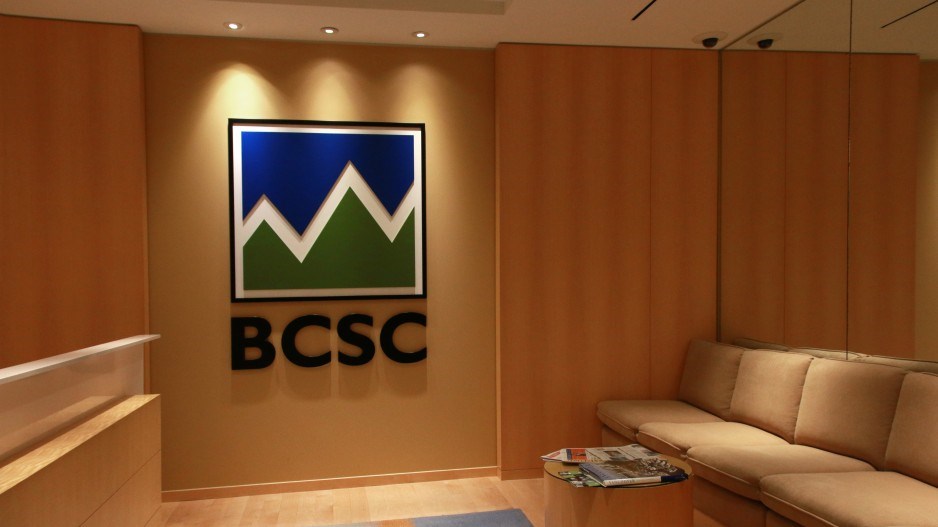While Pinocchio was in need of some obvious rhinoplasty whenever caught bending the truth, public companies in Canada don’t emerge with such physical warning signs when disclosing incorrect information, intentionally or otherwise.
A recent BIV story had to be updated in swift manner after an embargoed press release provided to the newspaper by a public relations firm was found to have four significant errors ranging from revenue run-rates to customer numbers. Many readers had already encountered the online story before the PR firm representing the public company informed BIV of the specific errors in the release provided a day earlier.
So what happens to a publicly traded company found in the middle of such a regulatory faux pas?
“Companies are run by humans and so certainly there's no perfection,” said John Hinze, the director of corporate finance for the B.C. Securities Commission (BCSC).
“The likelihood of an enforcement outcome is pretty low for public issuers because … to my earlier point: Mistakes can be made but the vast majority of issuers are trying to be compliant.”
Hinze said the regulator’s enforcement actions are typically aimed at those operating outside the regulatory regime rather than the publicly traded companies trying to operate within it.
Enforcement actions in these cases could include market bans or monetary penalties.
But if mistakes are made by a publicly traded company, the regulator will generally first take an educational approach to fix the problem.
“When we are doing our work we do not share what we're looking at or the outcomes, unless there are public outcomes,” Hinze said.
“We don't want to unnecessarily impact what's going on in the marketplace as a result of the work that we're doing.”
About 1,400 publicly traded companies call B.C. home, leaving the BCSC to watch over more than the combined total of their counterparts in Ontario, Quebec and Alberta.
“It wouldn't be feasible for us to review all disclosure,” said Hinze, referring to the timely release of news — both positive and negative — expected from a company wishing to continue trading on Canada’s public markets.
Press releases covering quarterly earnings, new products or partnerships, and impending mergers flood in by the tens of thousands every year to inform investors as well as draw in new ones.
But if a public company or a public relations firm representing the public company shares incorrect information — either through press releases or through the media — tracking those mistruths may prove challenging for regulators.
Over the past year, the BCSC reviewed about 250 securities offerings as well as the disclosure related to them.
“It's a significant number of companies and, of course, our resources are time-limited. So what we do is we selectively review disclosure and we take sort of a risk-based approach,” Hinze said.
“Then in addition to that, we do selectively pick companies for disclosure outside of offerings, and we do that in a couple of different ways. Sometimes it's from just internal referrals. Sometimes it's from external referrals, whether from the public or other agencies.”
The BCSC has also developed what Hinze described as a predictive-analytic model.
“We feed a bunch of data into that and it helps us,” he said.
Hinze said often when he’s asked about his job, people will assume the regulator is meant to judge the business of the company.
“And that's certainly not our role. We're strictly there to regulate the securities law requirements and act to ensure that the disclosures are timely and complete so that investors can then make their choice,” he said.
“We're not saying this company is a good company, this company's a bad company in terms of their business or idea. It's whether or not their disclosure is fulsome, accurate, complete, timely.”




